Dates, the sweet and chewy fruits of the date palm tree (Phoenix dactylifera), are not only one of the world’s oldest cultivated crops but also a vital part of global agriculture, nutrition, and trade. Rich in vitamins, fiber, and natural sugars, dates are cherished across continents—from the bustling markets of North Africa to the dining tables of the Middle East and beyond.
But when it comes to large-scale production, which country leads the world in growing dates? This article explores global date cultivation, international market dynamics, and ultimately uncovers the largest producer of dates in the world.
The Global Popularity of Dates
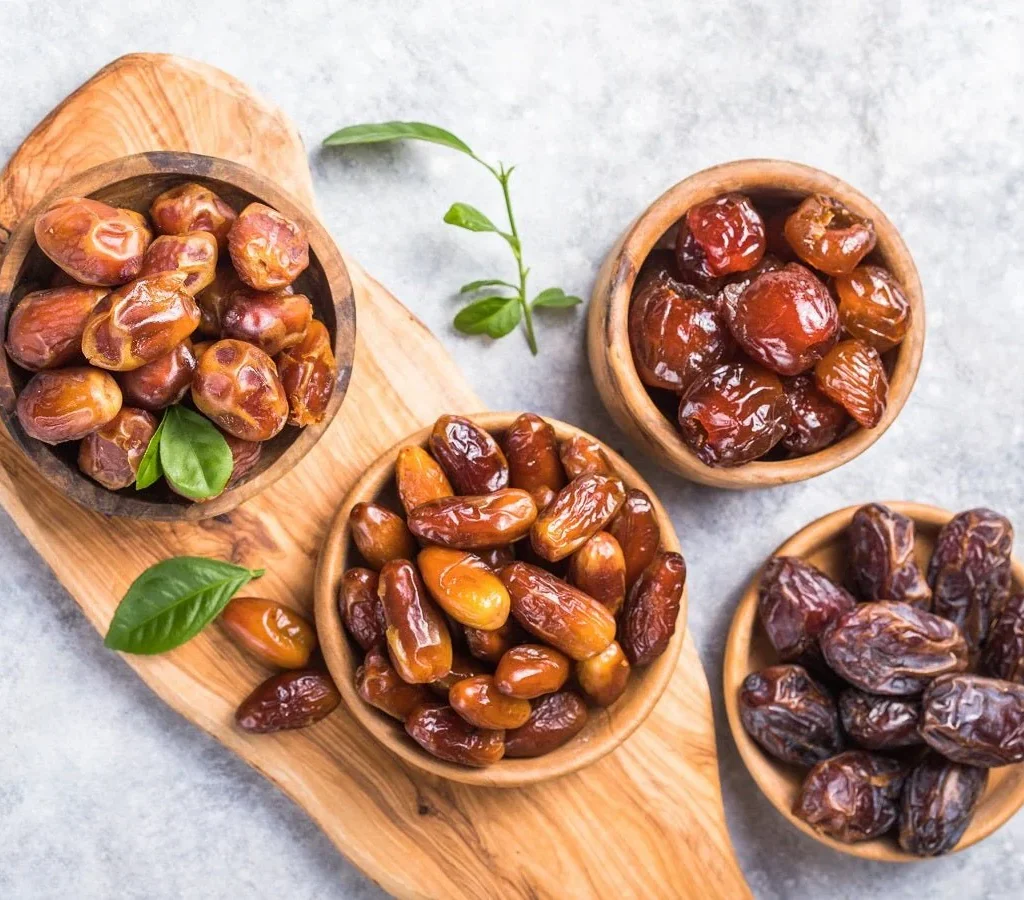
Dates have been cultivated for over 6,000 years and are deeply rooted in the culture and diets of many civilizations, especially in arid and semi-arid regions. Known for their high energy content, they are especially important during the holy month of Ramadan in Muslim countries, when dates are traditionally used to break the fast.
Today, dates are exported worldwide and used in:
- Traditional desserts
- Natural sweeteners
- Energy bars and health foods
- Religious festivals and rituals
- Daily diets as nutrient-rich snacks
With the rise in demand for natural and minimally processed foods, the global popularity of dates continues to rise—creating a robust international market.
Date Cultivation: Climate and Requirements
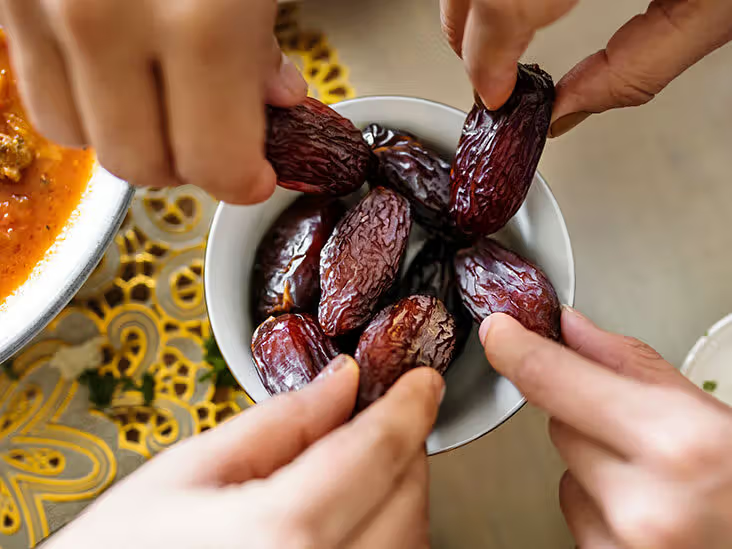
Date palms thrive in hot, dry, desert climates and require long summers with high temperatures. They are typically grown in countries across the Middle East, North Africa, and South Asia, where the climate supports their growth and fruit development.
Key cultivation needs:
- Plenty of sunshine (over 3,000 hours per year)
- Dry air during fruiting season
- Irrigation systems for optimal yield in desert environments
- Well-drained soils
Top Date Producing Countries in the World
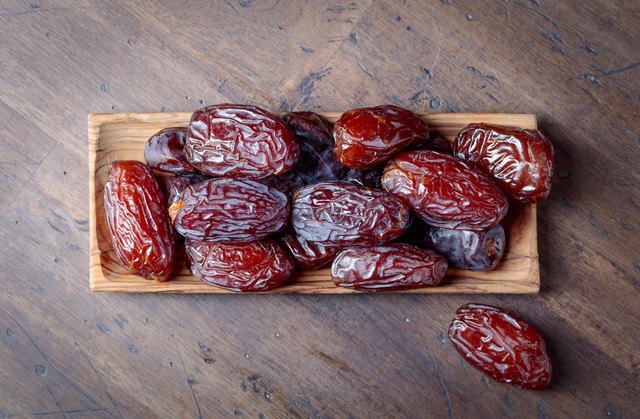
According to the Food and Agriculture Organization (FAO) and global trade databases, the top date-producing countries include:
- Egypt
- Iran
- Saudi Arabia
- Algeria
- Iraq
- Pakistan
- United Arab Emirates
- Sudan
- Oman
- Tunisia
Among these, Egypt stands out as the largest producer of dates in the world.
Egypt: The World’s Leading Date Producer
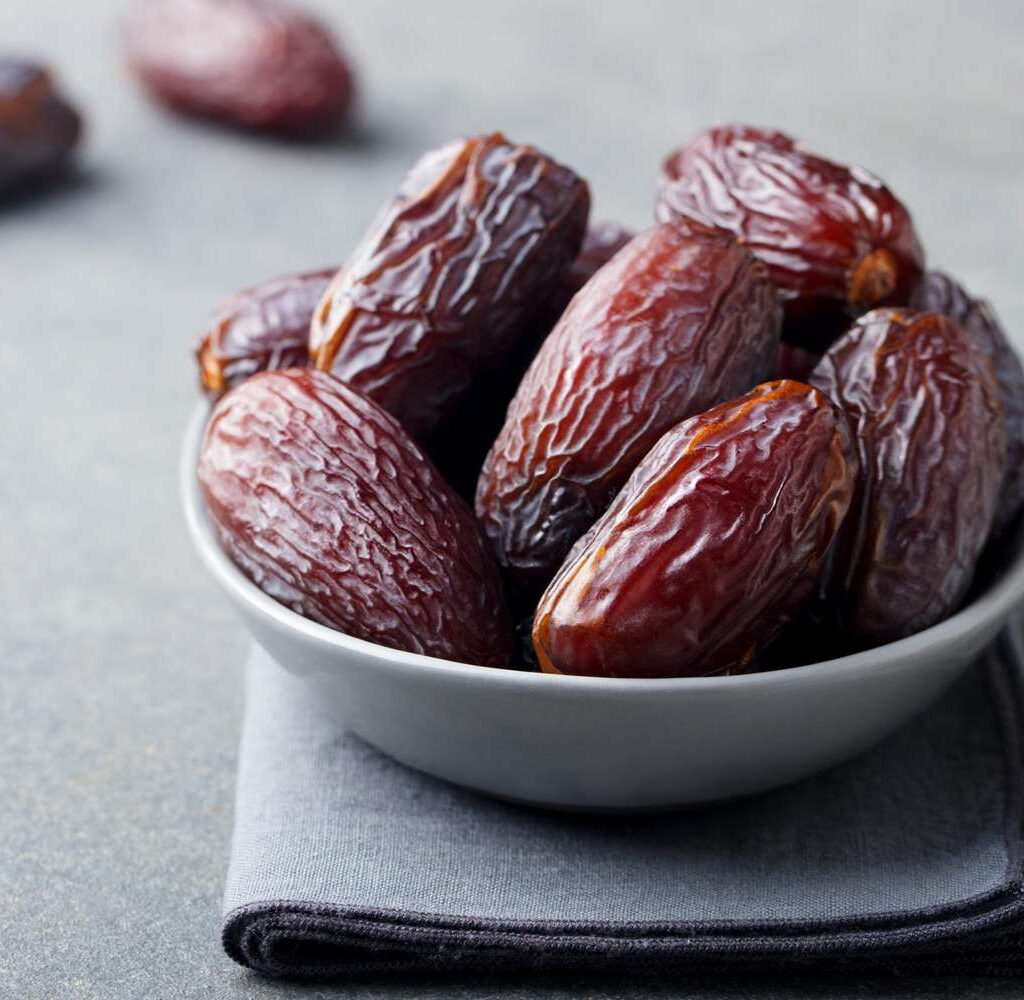
Global Rank: #1
Annual Production: Over 1.7 million metric tons
Share in Global Production: Approximately 18–20%
Egypt has long been synonymous with date cultivation, thanks to its favorable desert climate, fertile Nile Valley, and centuries of agricultural tradition.
Why Egypt Leads the World in Date Production:
1. Ideal Growing Conditions
Egypt’s climate is nearly perfect for date palms. With hot summers, minimal rainfall, and abundant sunshine, the country’s environment supports the high yield and quality of date fruit.
2. Vast Agricultural Land in the Nile Valley
The Nile River provides vital irrigation, transforming desert zones into fertile lands suitable for large-scale agriculture. This has allowed Egypt to dedicate tens of thousands of hectares to date palms.
3. Varietal Diversity
Egypt cultivates more than 40 different types of dates, including popular varieties such as:
- Zaghloul – red, crunchy, semi-dry
- Siwi (Siwa) – soft, brown, ideal for storage and export
- Sakkoti – dry, high sugar content
This diversity supports both domestic consumption and global trade.
4. Government and Private Sector Support
In recent years, Egypt has increased its investment in:
- Modern farming techniques
- Cold storage facilities
- Processing plants
- Export infrastructure
Large-scale agricultural projects in regions like Toshka and the New Valley aim to further boost Egypt’s output and global market share.
Economic Impact of Date Farming in Egypt
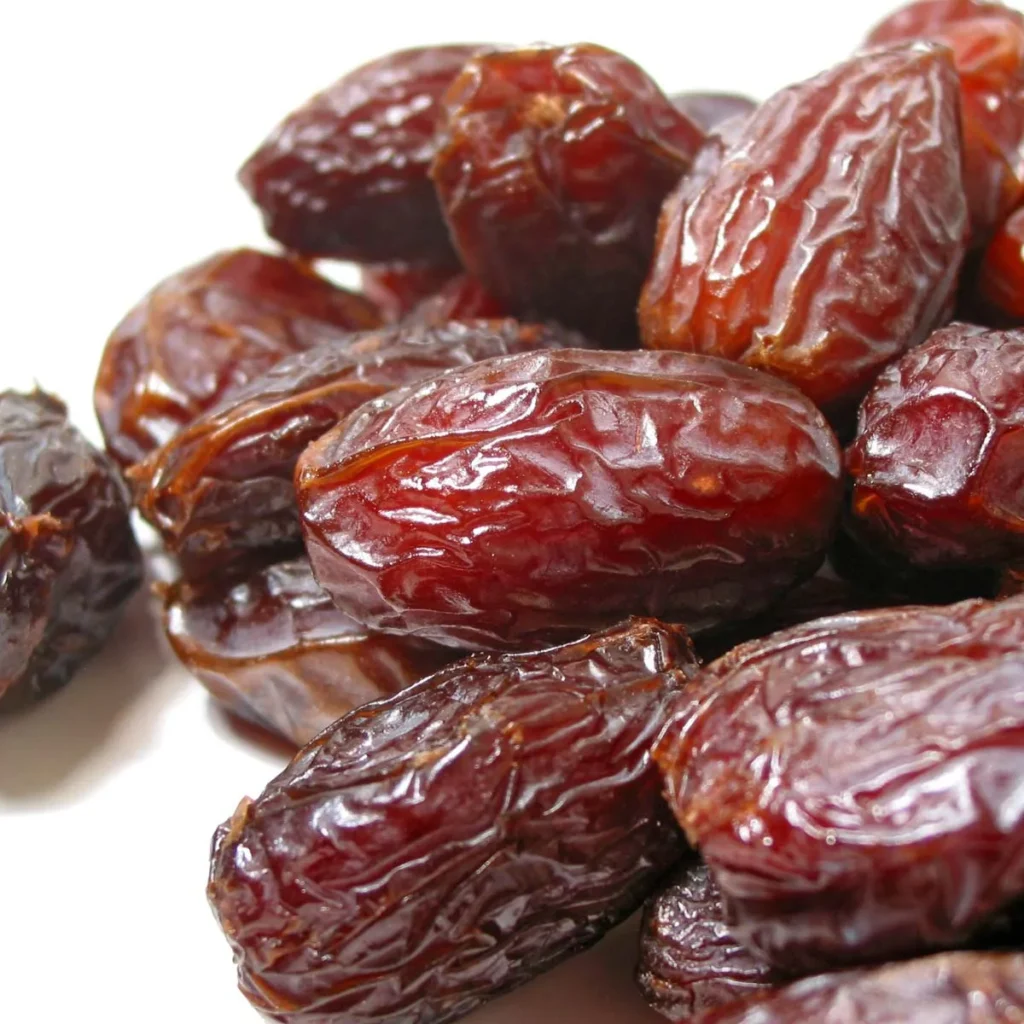
Date production plays a major economic role in Egypt:
- Provides employment to thousands of rural farmers and workers
- Generates foreign exchange through exports to Europe, Asia, and the Middle East
- Contributes to food security and local diets
Despite being the top producer, Egypt historically exported less than 10% of its total output. However, recent improvements in packaging, branding, and logistics have significantly expanded its export potential.
How Egypt Compares to Other Top Producers
Iran
Iran was once the top global producer but has slipped to second place. It still produces around 1.3–1.4 million metric tons annually. Iranian dates, such as Mazafati and Kabkab, are prized for their taste and are widely exported.
Saudi Arabia
With around 1.2 million metric tons of annual production, Saudi Arabia is known for its high-quality varieties like Ajwa and Sukkari, which are often consumed during religious occasions. It exports large volumes to Muslim-majority countries.
Algeria and Iraq
Both countries have a long tradition of date farming. Algerian dates, especially the Deglet Nour variety, are popular globally. Iraq, despite past political instability, remains a major contributor to the global date supply.
Export vs. Production: A Key Distinction
While Egypt is the top producer, it is not always the largest exporter. Countries like Tunisia, Iran, and the UAE often rank higher in date exports due to:
- Advanced packaging
- Strong branding and certification
- More established international distribution networks
Top Exporting Countries:
- Tunisia
- Iran
- UAE
- Saudi Arabia
- Pakistan
These countries have invested heavily in value-added processing and meet the stringent quality standards of European and North American markets.
Future of Date Production in Egypt
To solidify its leadership and expand exports, Egypt is working on several strategic initiatives:
1. Sustainable Agriculture
Using drip irrigation, organic farming, and integrated pest management to improve yields and reduce environmental impact.
2. Improved Supply Chain
Developing cold storage, transport infrastructure, and smart packaging to ensure longer shelf life and better market access.
3. Global Market Targeting
Expanding exports to non-traditional markets like China, India, Europe, and the U.S., where demand for healthy snacks and natural sweeteners is on the rise.
Health and Nutritional Benefits Driving Global Demand
Dates are rich in:
- Natural sugars (glucose, fructose, sucrose)
- Dietary fiber
- Potassium, magnesium, and iron
- Antioxidants
They’re a favored ingredient in:
- Plant-based and vegan snacks
- Natural energy bars
- Smoothies and protein powders
- Ramadan meals and desserts
This rising health awareness is fueling demand for dates far beyond traditional markets.
Conclusion
When it comes to date production, Egypt stands at the forefront, producing more dates than any other country in the world. With its ideal climate, vast cultivation areas, and growing support for sustainable and export-oriented agriculture, Egypt continues to strengthen its leadership in the global date industry.
As health-conscious consumers around the world turn to natural and nutrient-rich alternatives, the humble date fruit is experiencing a renaissance—and Egypt is rightfully at the center of this revival.

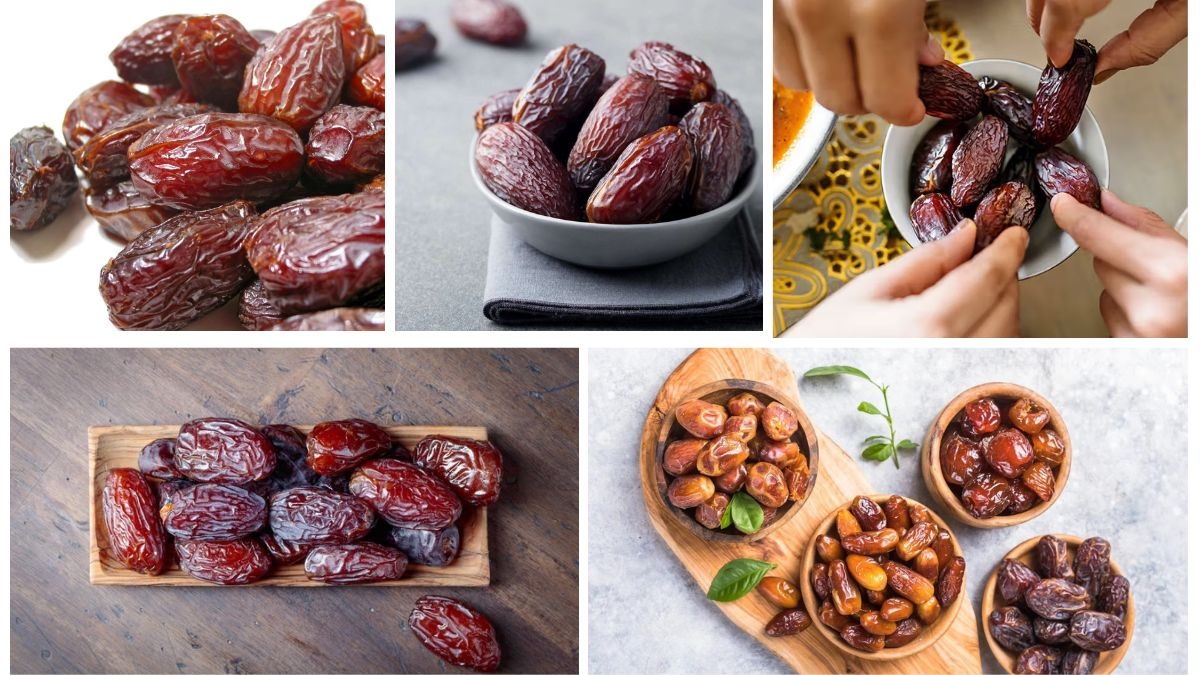


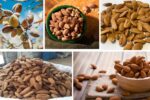
Leave A Comment